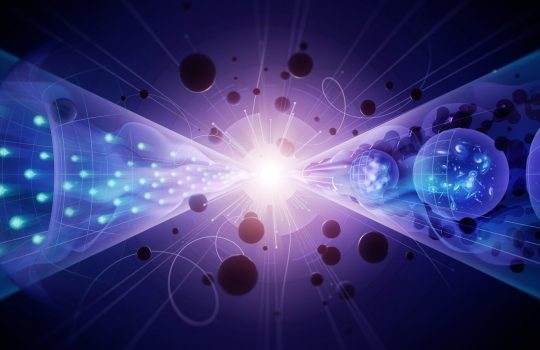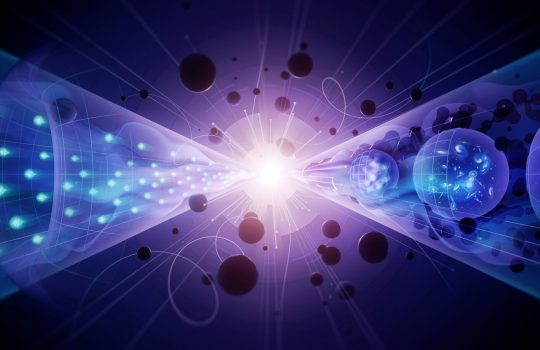Particle research gets closer to answering why we’re here: Physicists outline next 10 years of neutrino research
Phys.org, Dec. 5, 2024
A newly published white paper outlines the next 10 years of global research into the behavior of neutrinos that could explain why the universe has more matter than antimatter. One of those neutrino projects is DUNE, the most ambitious neutrino research project led by Fermilab. The paper was an ambitious undertaking of the more than 170 contributors from 118 organizations and was a result of Snowmass 2021/2022.


